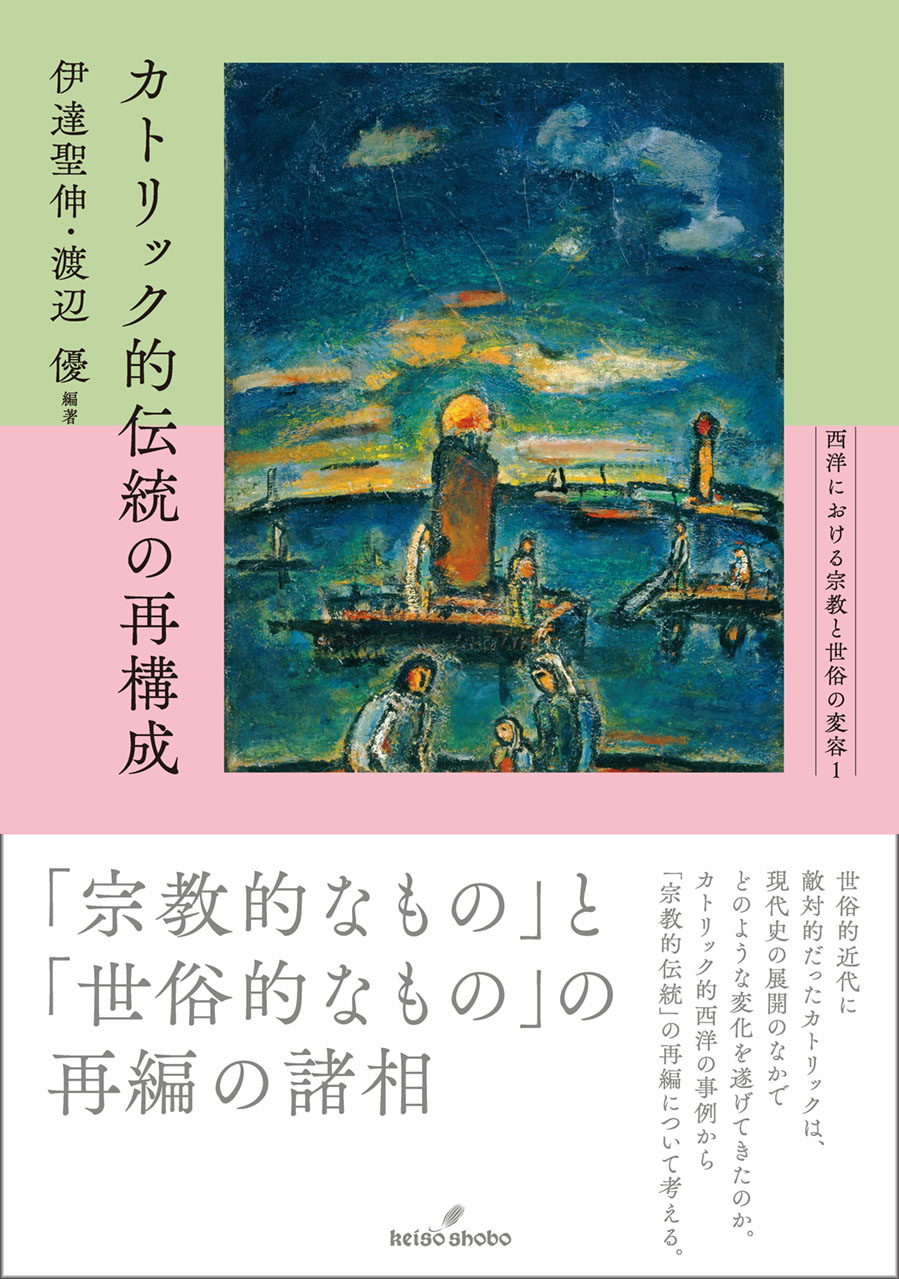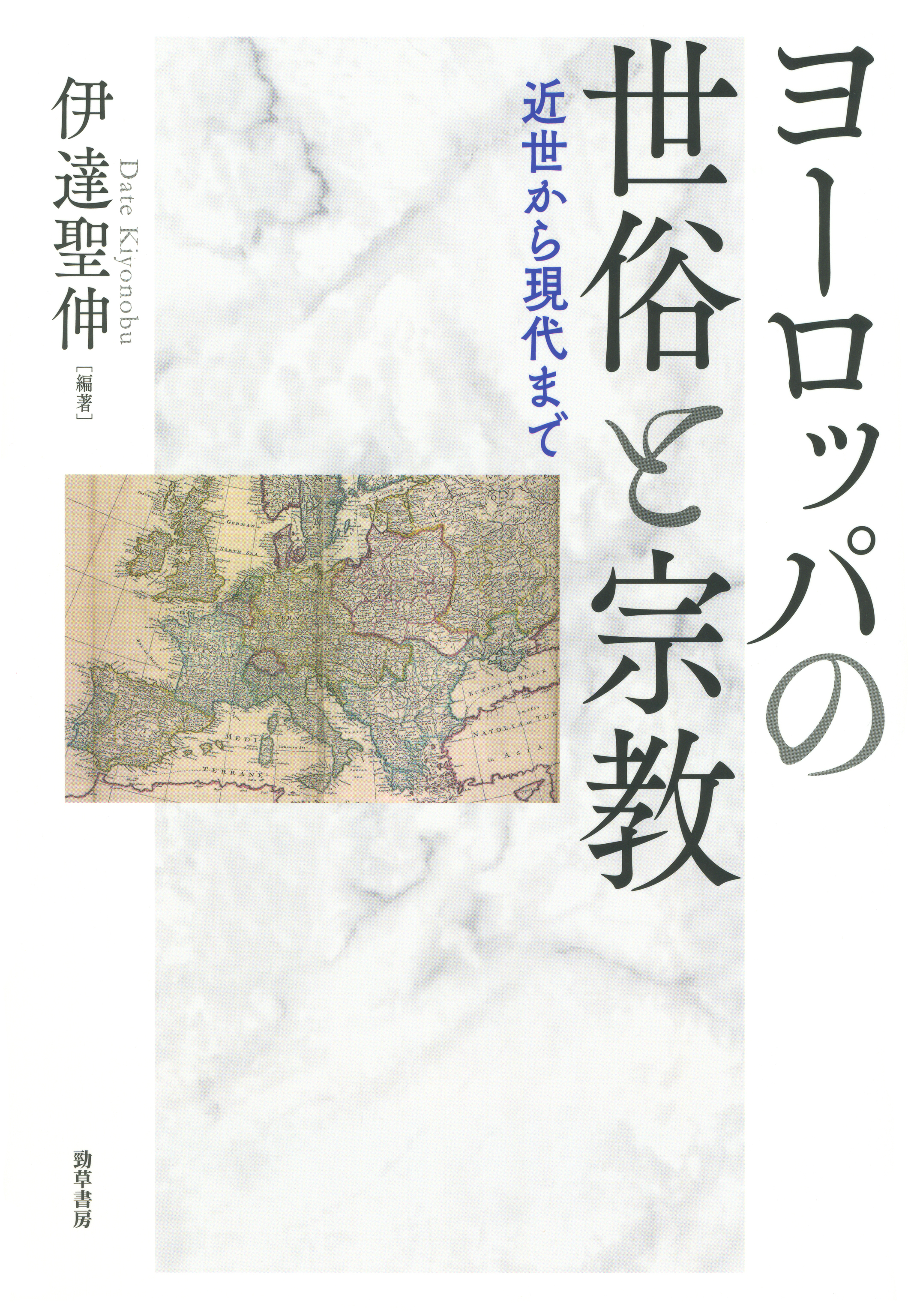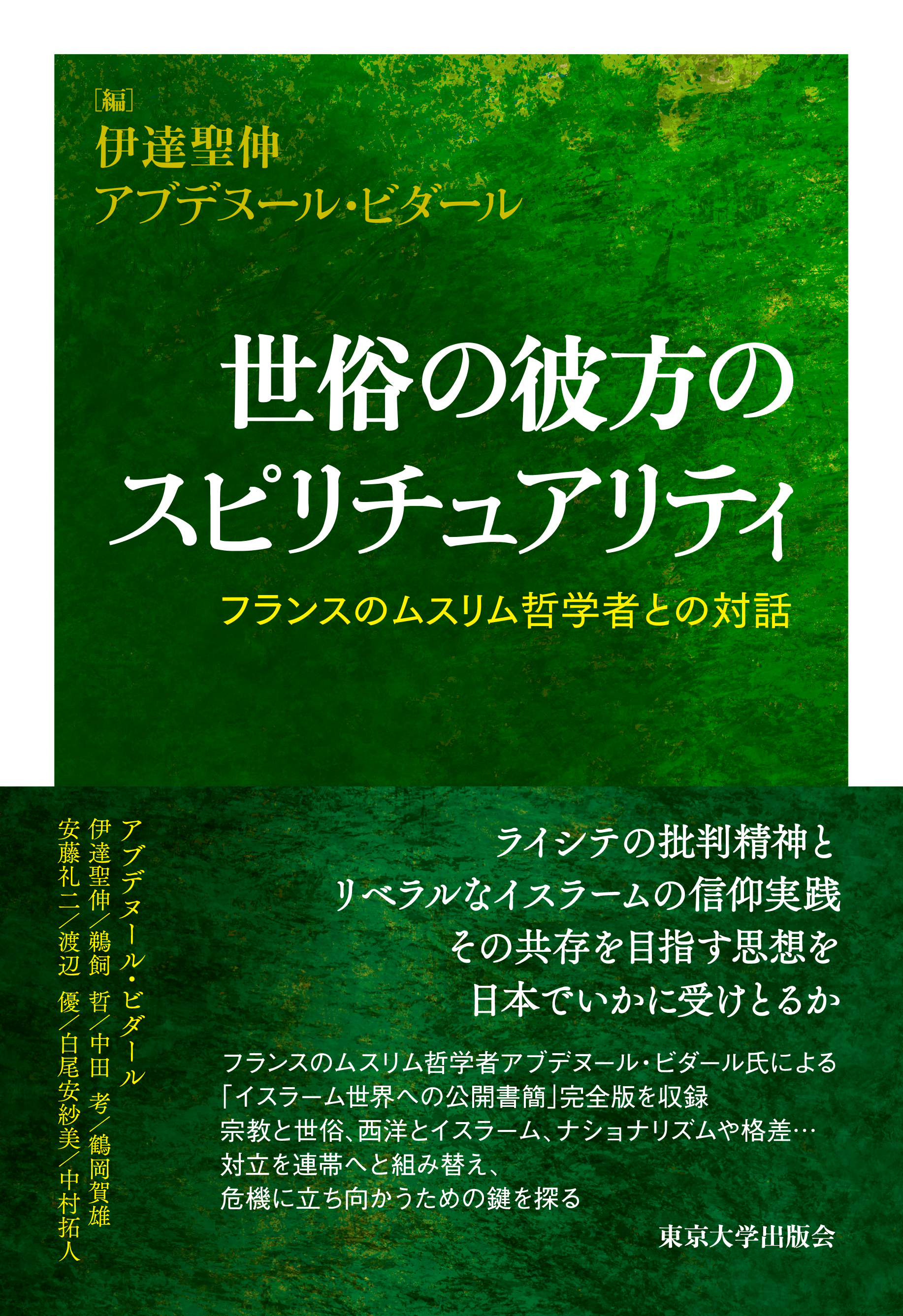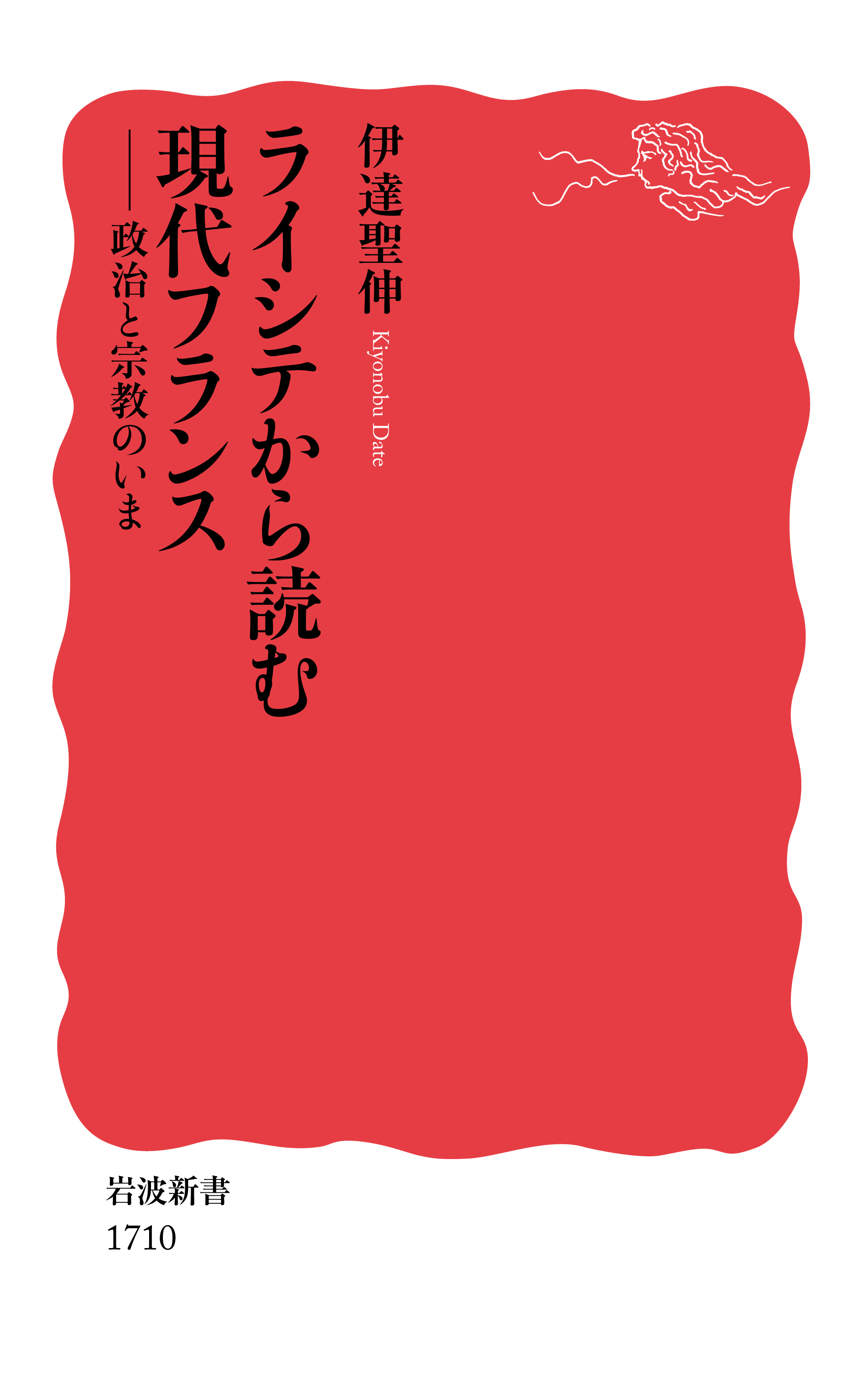
Title
Transformations of Religion and Secularity in the West Catholic-teki Dento no Saikosei (Reconstruction of Catholic Tradition)
Size
336 pages, A5 format
Language
Japanese
Released
January, 2024
ISBN
978-4-326-10333-1
Published by
Keiso Shobo
Book Info
See Book Availability at Library
Japanese Page
With the progression of a secular age, religion loses its social presence and declines as people’s perceptions and practices modernize ― since Max Weber, this “secularization” thesis has deeply shaped the understanding of religion among historians and scholars of religious studies. However, especially since the 1970s, the global resurgence of religion has forced a reevaluation of this theory. Yet, the events occurring in the contemporary world do not merely represent a return to the age of religion. As the secular age accelerates, “secular” and “religion” have both undergone qualitative transformations, intricately intertwining to form new relationships. This series, “Transformations of Religion and Secularity in the West,” aims to shed light on the diversity within the geographical space of the West, while moving beyond the Western-constructed dichotomy of religion and secularity. It seeks to highlight various aspects of the reconfiguration of religion and secularity through the lens of interregional comparison.
The first volume focuses on the reconstruction of the Catholic tradition, which has long formed the foundational culture of the West. The nine essays collected in this book cover a diverse range of regions, from Western European countries such as France, Italy, Spain, Portugal, and Ireland, to non-Western European countries like Canada (Quebec), Poland, Argentina, and Australia, while sharing a common historical perspective. That perspective is that since the mid-20th century, particularly with the 1960s as a watershed, the self-evident nature of Catholicism as the traditional religion in the West has been fundamentally shaken. The significance of the Second Vatican Council, in which the Catholic Church officially embraced modernization, is self-evident in church history. However, much remains to be clarified regarding its political and social impact. Recent studies in France have revealed that as a result of the council, the Catholic tradition, which had previously defined people’s faith, became increasingly less self-evident. This book highlights how such trends have, in various ways, promoted the “reconstruction of tradition.”
This book, the result of collaborative research by multiple scholars specializing in various regions, portrays the modern diversity and dynamics of Catholicism as a transnational religious movement, often highlighting the difficulties and conflicts it encompasses. Issues surrounding gender and sexuality are areas that offer further research opportunities for understanding the future of Catholicism. The book also comprehensively covers key prior studies for rethinking secularization theories, including José Casanova’s Public Religions in the Modern World and Charles Taylor’s A Secular Age, presenting a solid theoretical perspective. Since the two editors are experts in French area studies and religious thought, the book also introduces the appeal of contemporary French religious studies, which have yet to be translated into Japanese. Lastly, I would like to mention one more significant contribution of this book: it addresses Catholicism as the “other” of modern knowledge, a topic that has not been directly confronted even in the study of religion until now. The narrative of this “other” is likely to offer insights into our own present and future.
(Written by WATANABE Yu, Associate Professor, Graduate School of Humanities and Sociology / 2024)



 Find a book
Find a book




